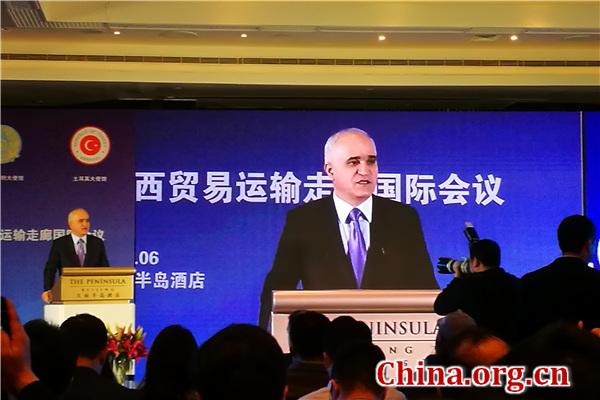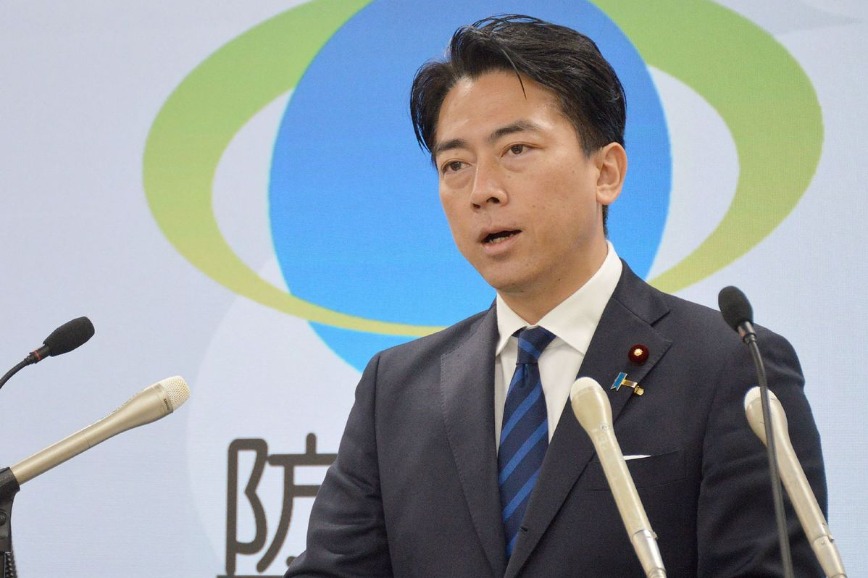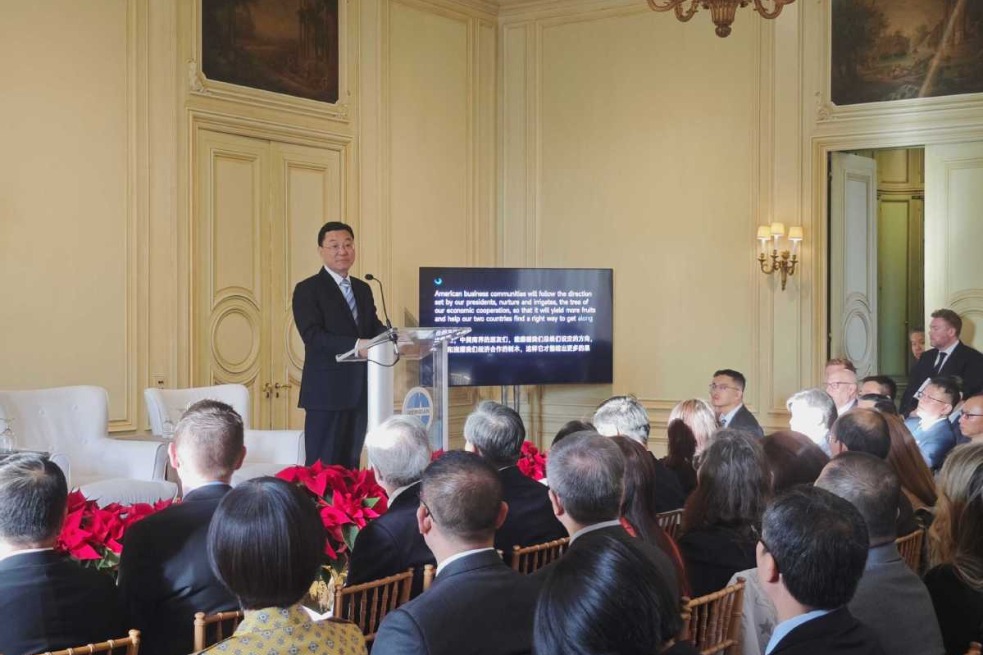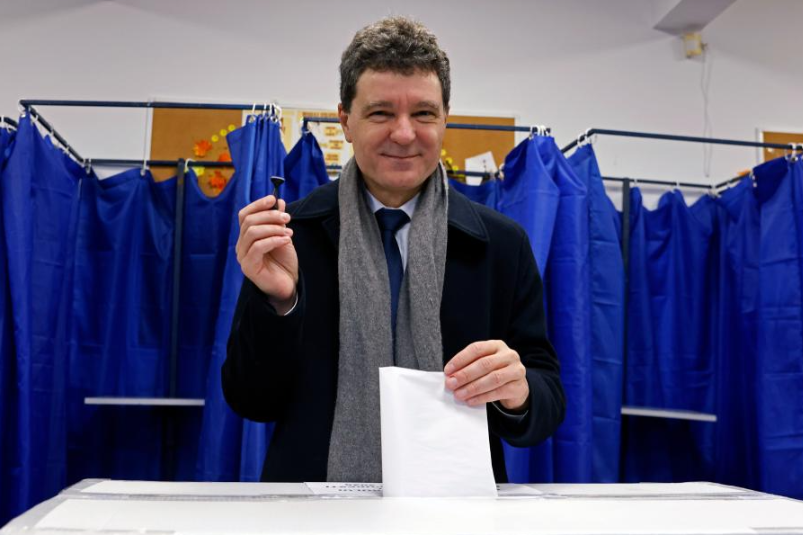B&R countries convene on Trans-Caspian corridor construction

The Trans-Caspian East-West Trade and Transit Corridor is the most convenient connection between Asia and Europe, and will bring economic growth and prosperity to countries along the route, said commerce officials and infrastructure builders attending an international conference in Beijing.

The International Conference on the Role of the Trans-Caspian East-West Trade and Transit Corridor in the Realization of the Belt and Road Initiative convened in the Chinese capital on Feb. 6. The conference was initiated by the Azerbaijan government and held by the embassies of Azerbaijan, Georgia, Kazakhstan and Turkey in China to discuss the construction of the route.
The 6,500-kilometer corridor links Asia and Europe and passes through countries including Azerbaijan, Georgia, Kazakhstan and Turkey. Representatives from these four countries met to promote coordinated efforts in its construction.
A flagship project of the corridor, the Baku-Tbilisi-Kars (BTK) Railway, was inaugurated in October last year. The railway connects Azerbaijan, Turkey and Georgia in Azerbaijan's capital city of Baku, establishing a freight and passenger link between Europe and China. The China-Europe freight train from China's Urumqi to Europe running through this line has begun operation since January this year.
"Where there is a corridor, there is development," said Javid Gurbanov, chairman of Azerbaijan Railways. He complimented the significance of the Trans-Caspian Corridor as a key route linking two major continents in the world. Europe boasts around 20 percent of the world's economy, but approximately 70 percent of the world's population live in Asia, so it is important to connect the two continents, as the corridor does, he said.
The corridor will cut the transportation time of freight and goods from about 60 days by sea to about 14 days by train, and decrease the cost four times compared with by air. Thus, the corridor offers a more convenient and a more economical alternative to transmit goods from Asia to Europe and the other way round, according to Shahin Mustafayev, minister of economy and chairman of the Transit Council of the Republic of Azerbaijan.
Yuksel Joskunyurek, Turkey's deputy minister of transport, maritime and communication, added that the relative warm climate conditions in the region the corridor runs through are conducive for goods transportation.
Other government officials from Azerbaijan, Georgia, Kazakhstan and Turkey also iterated the significance of the corridor in their speeches, saying that the corridor will boost their economies and bring prosperity and stability to the countries along the route and to the globe.
The four countries enjoyed time-honored relationships with the Chinese nation since the ancient Silk Road, the officials said, and now the new Silk Road, revived under the Belt and Road Initiative proposed by Chinese President Xi Jinping, is receiving wide support from countries around the world.
Mustafayev said that Azerbaijan is making efforts to upgrade its own infrastructure and getting ready for the operation of the route.
Kazakhstan is also vigorously developing its domestic infrastructure like railway construction to lay a solid foundation for the operation of the corridor, said Roman Sklyar, first deputy minister for investments and development of the Republic of Kazakhstan. He added that he hopes the discussions will lead the countries to find better ways to build the corridor.
According to Giorgi Cherkezishvili, Georgia's deputy minister of economy and sustainable development, his country is open to new initiatives and will contribute to building the corridor, which makes it possible to transport the freight in the shortest possible time, thanks to Georgia's strategic position along the key route between Asia and Europe under the Belt and Road Initiative.
Meanwhile, China is ramping up efforts to develop its China-Europe freight trains to meet rising demands from the Belt and Road Initiative, said Li Wenxin, vice general manager of China Railway Corporation. China commissioned 3,673 new trains in 2017, exceeding the total from 2011 to 2016. There are now over 6,600 freight trains serving the route, covering 38 cities in China and 36 cities in 13 foreign countries.
Wang Shouwen, deputy minister of China's Ministry of Commerce, expressed his hope that the four countries could make use of the corridor to transport their products to China. He said China will increasingly open up, and that he looked forward to seeing the railway and logistics organizations of the countries conduct joint construction of the corridor under the Belt and Road Initiative.
Li Wenxin proposed that the countries should cooperate further to set the standards, establish the procedures and decrease the costs, while promoting the advantages of the corridor and working to accommodate more diverse goods with more trains.
In response to the proposals, Gurbanov said that relevant Azerbaijani government departments would work together on facilitating customs clearance. He added that the four countries are meeting every month to discuss business and trade issues.
"I believe in the future of the corridor," he said, inviting more businesses to use the corridor.































